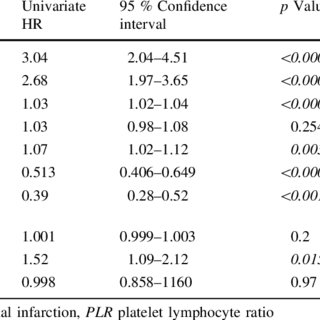Low lymphocytes are a kind of white blood cells that helps in fighting off infection and bacteria. A recent study shows that regular blood test results can help detect people who have high risk for disease and eventual death due to disease caused by infection. The study also showed that there was no significant difference in the association between low lymphocyte count and mortality among young adults, middle aged adults, and the elderly.
The study showed that the relationship between low lymphocyte count and mortality did not differ with gender or any other common risk factor. The study was conducted in Finland on adults over 65 years old. The study was funded by the National Institutes of Health and conducted by the University of Turku. The researchers recruited 10,000 individuals and monitored their health during a period of one year.
Low lymphocyte count was defined as an abnormal increase in the number of lymphocytes. Other factors that may contribute to the decrease of lymphocytes include infections and illnesses. This includes HIV, mononucleosis, cytomegalovirus, Epstein-Barr virus, hepatitis C, human T-lymphotropic virus (HTLV), hepatitis B, leukemia and cancer. The immune system may also play a role in the control of lymphocyte count. The immune system is mainly controlled by the T-cells.
The researchers found that low lymphocyte counts were most prominent among middle aged and elderly individuals. In general, these people were the ones who had been diagnosed with a chronic illness or with cirrhosis of the liver. It was also noted that people who regularly consumed alcohol had higher rates of low lymphocyte counts.
Of course, all high-risk individuals should undergo blood tests. But this study shows that regular blood testing can help identify those people who may have increased risks for disease, particularly when coupled with screening tests such as the CD4 count and a T-cell count. As more studies are done on this topic, more solutions will hopefully be found to improve and enhance the treatment of patients affected by this condition.
Doctors believe that a healthy immune system is what helps the body fight off infections and prevent diseases. Therefore, it is important for anyone with low lymphocytes count to find a healthy lifestyle such as eating proper food. and being regular with a good diet.

Since it can be hard to monitor changes in lymphocyte levels, doctors usually use a kit that can measure the count in a sample of the blood
This kit is used to monitor the immune system and is used to diagnose certain illnesses and conditions.
Low lymphocyte counts are associated with high mortality in some studies. The study on this article has shown that people with low lymphocyte counts were at a higher risk for mortality compared to people with normal lymphocyte counts. However, this study did not take into consideration other factors like age, gender, or common risk factors such as gender.
Scientists have found that there are several possible explanations for why lymphocytes tend to shrink. It may be due to genetic predisposition, medication, infection, infections, illness, poor diet, infection, stress, surgery, radiation therapy, immune suppression, lipoma คือ and tumors. So, while this study doesn't really tell us how to prevent and treat low lymphocyte counts, there are several preventive measures you can take to reduce their incidence.
There are several ways to increase the lymphocyte count: vaccination. The study showed that the IPV vaccine prevents the loss of lymphocytes. The vaccine contains an attenuated form of the Epstein-Barr virus (EBV).
Other studies also show that blocking T cells or T lymphocytes or IL10 can slow down the growth of lymphocytes in the body and improve antibody production. Plus, consuming anti-inflammatory herbs like ginger and turmeric has been shown to help reduce lymphocyte count.